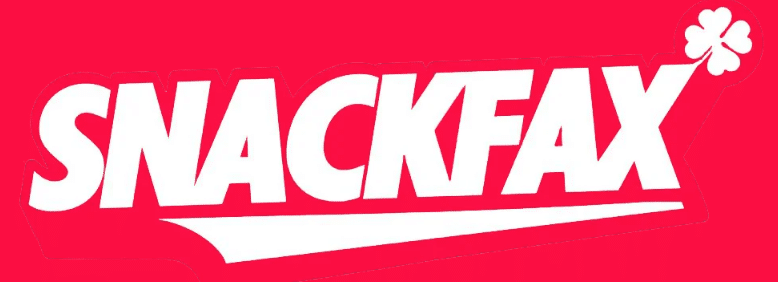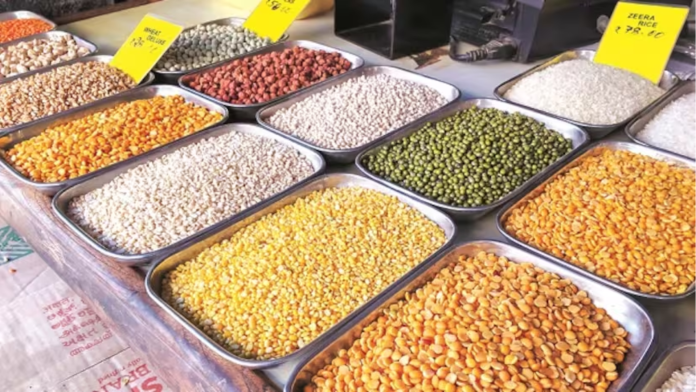The scarcity of daal in the market has intensified the prevailing tight conditions, exacerbating the situation at hand. Although there is hope for the arrival of imported daal in the near future, its projected impact on the market is expected to be minimal. As a result, retail prices of daal continue their relentless climb, putting additional strain on consumers.
The scarcity of tur dal in the market can be attributed to multiple factors. Firstly, a significant contributor is the shift of farmers from pulses cultivation to high-value cash crops, resulting in reduced tur dal production. Moreover, the impact of unseasonal rains has also adversely affected the crop, further exacerbating the shortage.
According to initial estimates provided by the Union Agriculture Ministry, the production of tur dal is anticipated to decrease by 9.8 percent compared to the previous year. Significant damage has been reported in Maharashtra, Karnataka, Telangana, and Madhya Pradesh, further contributing to the decline in tur dal production.
Moreover, on-ground reports indicate that tur production in the Saurashtra region is notably lower, exacerbating the price surge in the local market. Consequently, consumers are grappling with the adverse effects of skyrocketing tur dal prices, further adding to their financial burdens.
The Central government’s initiative to release pulses from the buffer stock brings a ray of hope for consumers, as it aims to tackle the issue of escalating pulses prices. Nevertheless, the prevailing market conditions and various external factors present ongoing challenges, underscoring the need for a comprehensive and sustainable approach to stabilize prices and ensure a consistent supply of pulses not only in Gujarat but also across the entire country.
To address the escalating prices of pulses, the Central government has taken a notable step by announcing the sale of pulses from the buffer stock, following a similar approach adopted for wheat. This decision is aimed at relieving the burden on consumers and curbing the continuous rise in prices of essential commodities.
Read More: Indian government implements open market sale of wheat and rice to curb rising prices
Presently, in various states across the country, the retail price of tur dal is soaring, with consumers having to spend approximately INR 160 to INR 170 per kilogram to purchase it.


